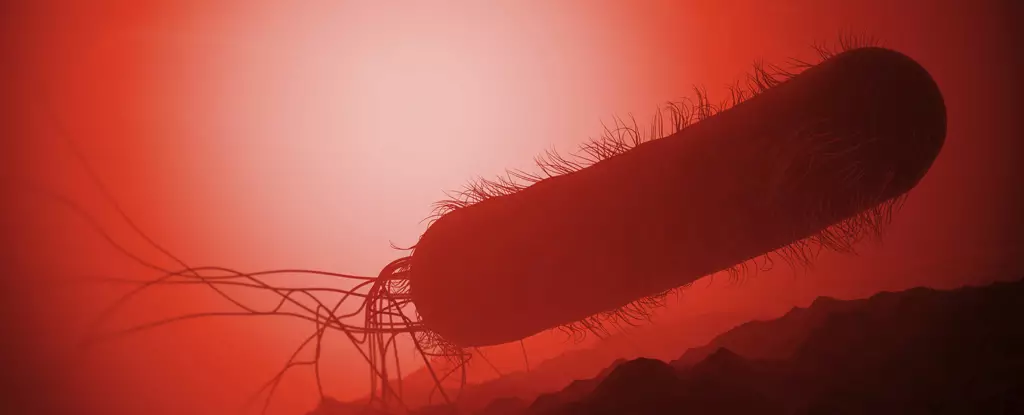Decades ago, microbiologist Salvador Luria and physicist Max Delbrück conducted an experiment that revolutionized our understanding of bacterial mutation. Their groundbreaking work challenged the notion that bacteria mutate randomly, leading to significant implications in the field of science. This experiment, known as the Luria–Delbrück experiment, has continued to shape the way we perceive bacterial evolution and antibiotic resistance.
The experiment involved a simple setup: test tubes with nutrient broth containing bacteria and dishes coated with phages, which are viruses that infect bacteria. The key question that researchers were trying to answer was whether bacteria mutate purposefully in response to phages or if mutations occur randomly. Through a series of meticulous observations and data collection, Luria and Delbrück aimed to solve this conundrum once and for all.
After months of unsuccessful experiments, Luria had a breakthrough moment when he observed a colleague winning at a slot machine. Drawing inspiration from this unexpected source, Luria devised a new approach to test his hypothesis. By transferring bacteria from nutrient broth tubes to phage-coated dishes, Luria was able to determine whether mutations occurred in response to the presence of phages or randomly within the bacteria themselves.
The results of the experiment were eye-opening. Contrary to popular belief, the data showed that bacteria developed resistance to phages even before being exposed to them directly. This discovery challenged the prevailing notion that mutations in bacteria were solely random and highlighted the adaptive nature of these microorganisms. The implications of this finding were profound, as it suggested that bacteria could potentially develop resistance to antibiotics that had not even been invented yet.
Today, the lessons learned from the Luria–Delbrück experiment continue to resonate in the scientific community. The concept of bacterial mutation and adaptation remains a crucial area of study, especially in the context of antibiotic resistance. As we face the challenges of combating drug-resistant bacteria, the insights gained from this historic experiment serve as a reminder of the ongoing battle against evolving pathogens.
As we navigate the ever-changing landscape of microbial evolution, the Luria–Delbrück experiment serves as a beacon of innovation and discovery. By unraveling the mysteries of bacterial mutation, we gain a deeper understanding of the mechanisms driving antibiotic resistance and the importance of continued research in this field. While drug resistance poses a significant threat to public health, the lessons learned from past experiments guide us in our quest to stay one step ahead of evolving pathogens.
The Luria–Delbrück experiment stands as a testament to the power of scientific inquiry and the pursuit of knowledge. By challenging long-held beliefs and shedding light on the mysteries of bacterial mutation, this groundbreaking research has left an indelible mark on the scientific community. As we grapple with the challenges of antibiotic resistance and microbial evolution, the lessons learned from this historic experiment continue to inspire and guide us in our quest for a healthier, more resilient future.

Leave a Reply